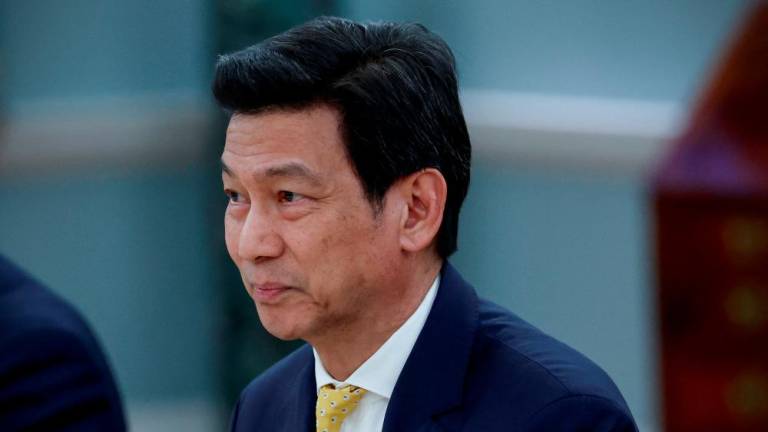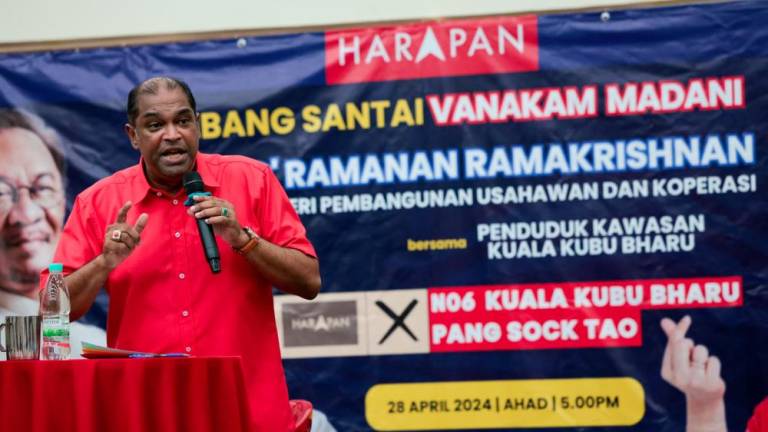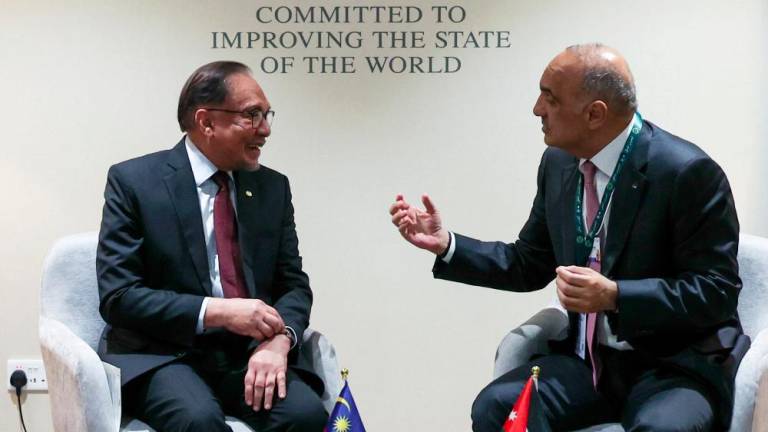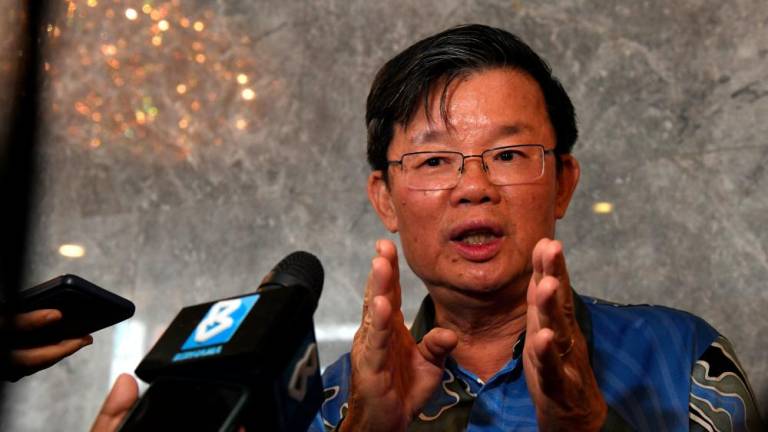WE’RE almost at the tail-end of Ramadan. In another week’s time, we’ll be celebrating Hari Raya Aidilfitri when the month of Syawal sets in.
The fasting month has always been a special time for me. There are always so many things to observe and experience.
What I admire most are those Muslim chefs, kitchen helpers and food servers who are fasting, and yet can still work as usual to serve their non-Muslim customers. It’s exemplary service at its best.
According to Imam Sohaib Sultan of Princeton University, the holy month of Ramadan is also a time of deep reflection for Muslims worldwide. Forgiveness is one of them.
Forgiveness, he says, is at the heart of so many spiritual and ethical traditions. It can also be one of the most difficult teachings to live up to.
This is because forgiveness requires an extraordinary struggle against the bruised ego. And, the bigger the hurt, the more difficult it is to forgive.
Ultimately, there is nothing like forgiveness, which can set a person free and put a mind at ease, adds Sohaib.
So, what’s this business about forgiveness?
A check with Uncle Google reveals that forgiveness is defined as the intentional and voluntary process by which a victim undergoes a change in feelings and attitude regarding an offence.
The victim also lets go of negative emotions such as vengefulness, forswears recompense from or punishment of the offender – however legally or morally justified it might be – and is left with an increased ability to wish the offender well.
What a mouthful. No wonder so many find it hard to swallow.
I’m told that forgiveness is also a dominant theme throughout the Bible.
For example, the Bible states: “Bear with each other and forgive whatever grievances you may have against one another. Forgive as the Lord forgave you.” (Colossians 3:13)
You must be wondering why I am harping on this forgiveness theme over and over again in this article.
Well, first, I myself need to ask for forgiveness over a typo when I was blabbering in a recent column on how to make money through a privatisation and crowd-sourcing initiative.
I had accidentally cited the wrong letter for the car number plates, and remained unaware of the gaffe until Frankie Yong (no relation of mine) alerted me.
To err is human. Thanks, Frankie!
Talking about forgiveness, it brings to mind an incident that happened to me a number of years back in a sport I like most: badminton.
Tournaments are now held almost all-year round. And it’s always fascinating when we get to see ‘live’ televised matches, especially when skill, professionalism and fairness are displayed both on and off the court.
During situations where players from the same country have to play against each other in the same tournament, I find it admirable that the national team coaches don’t take sides, and let their charges slug it out.
This was not the case for me many years ago when I was aspiring to be a top-notch badminton player.
I had been admitted into a state-run but privately-sponsored training scheme by a renowned oil and gas company. One day, I had to play against a fellow team member at a tournament.
During the breather before the ‘rubber’ set, I was flabbergasted to find the state coach, under whom I was training, giving tips on how to beat me to my opponent, especially relating to my weak points.
My thoughts then were “what the heck!” I remember I was seething with anger at that coach’s unprofessional conduct.
But now, I’ve learnt to be more sanguine about the whole affair. Had I become a top shuttler, I wouldn’t have taken the path of journalism. I wouldn’t be regaling you with my tales week after week.
I’ve also learnt to forgive.
Maybe I had unconsciously subscribed to a principle by Hungarian-American academic Thomas Szasz, who said: “The stupid neither forgive nor forget; the naïve forgive and forget; the wise forgive but do not forget.”
Jeff Yong, after making his mark in the twisty maze of mainstream journalism, has finally decided to enjoy what he does best – observing the unusual and recounting the gleeful. He can be contacted at lifestyle.borak@gmail.com.










